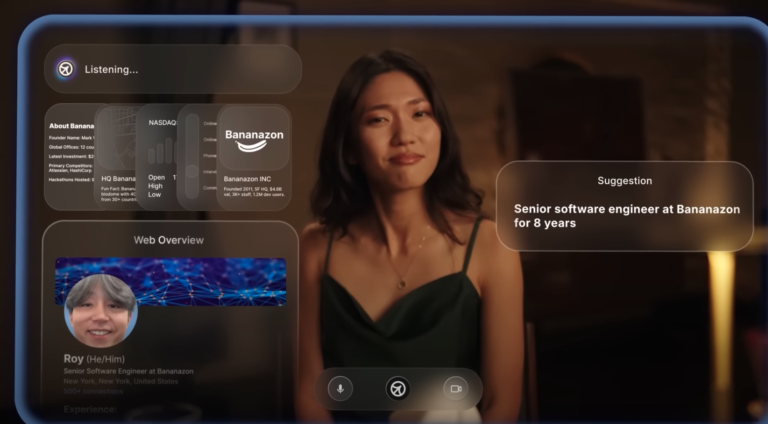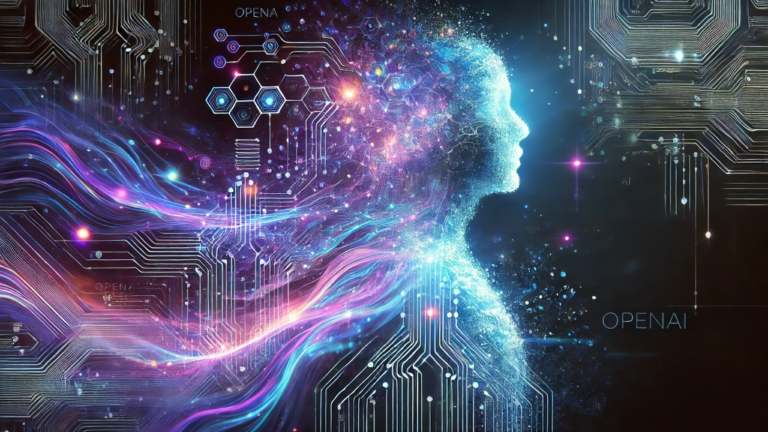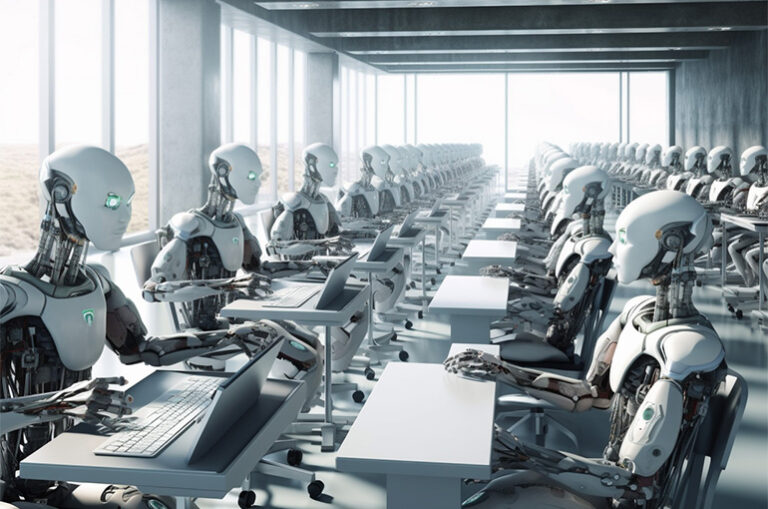
Cheating or Evolving?
kbtech times | April 28, 2025
When Cluely — the real-time AI interview coaching tool — burst onto the scene, it was hailed by some as a breakthrough for job candidates and by others as the beginning of an ethical crisis. Now, companies across industries are scrambling to confront a new, urgent question: how can they stop AI-driven cheating in interviews before it shatters the integrity of hiring?
In boardrooms, HR departments, and tech labs, the race has begun to defend against a hidden adversary that operates not with malicious intent, but with invisible precision — quietly helping candidates mask inexperience with machine-crafted answers.
The Early Warning Signs: Recognizing AI Assistance in Real Time
Some companies have already started seeing the cracks. Recruiters report candidates giving unnaturally perfect but strangely emotionless answers, showing inconsistent depth when pressed further, or taking awkward pauses — potentially hinting at hidden real-time prompting.
“You can almost feel when you’re talking to someone who’s being fed information,” says Asha Patel, a hiring manager at a major tech firm.
“The rhythm is off. The spontaneity disappears.”
These subtle cues have now become red flags that many HR teams are training interviewers to detect. However, gut instinct alone is no longer enough.
New Defense Strategies Taking Shape
In response to the rise of tools like Cluely, some companies are aggressively updating their interview processes.
Instead of relying solely on conversational interviews, they are adding real-world task simulations, live technical challenges, and group dynamics tests where real skills must emerge naturally.
Other firms are beginning to experiment with AI-detection software designed to monitor interviews for speech pattern anomalies, timing irregularities, and latency signals that could suggest covert assistance.
At some organizations, candidates are now asked to complete in-person supervised interviews, particularly for sensitive roles in finance, security, or healthcare.
Still, these measures bring their own risks — from accusations of mistrust to increased interview anxiety among genuine candidates.
Could Anti-Cheating Technology Itself Become a Problem?
Ironically, as companies invest in technology to detect AI cheating, they may also be creating new ethical dilemmas.
Constant monitoring, real-time analysis of candidate behavior, and invasive background verification tools could spark backlash from candidates who feel they are being treated like criminals before they even get the job.
“If organizations overcorrect by turning interviews into surveillance operations, they’ll alienate the very talent they’re trying to protect,” warns Dr. Leonard Foong, an expert in technology ethics at the National University of Singapore.
The balance between protecting hiring integrity and respecting candidate privacy will become increasingly delicate — and controversial.
The Future of Hiring: Adapt or Collapse
One thing is clear: companies that refuse to adapt to the new reality of AI-assisted candidates risk making disastrous hires.
But those who adapt thoughtfully — blending ethical safeguards, smarter interview structures, and human-centered evaluation — could emerge stronger in the age of AI disruption.
In a future where anyone can sound like an expert with the whisper of an AI app, companies will have to look deeper — into adaptability, creativity, and genuine problem-solving — to find the talent that technology cannot fake.
The race to defend the interview has begun. Whether companies can win it remains to be seen.
.






3 thoughts on “Can Companies Stop AI Interview Cheating? New Defense Tactics Emerging”